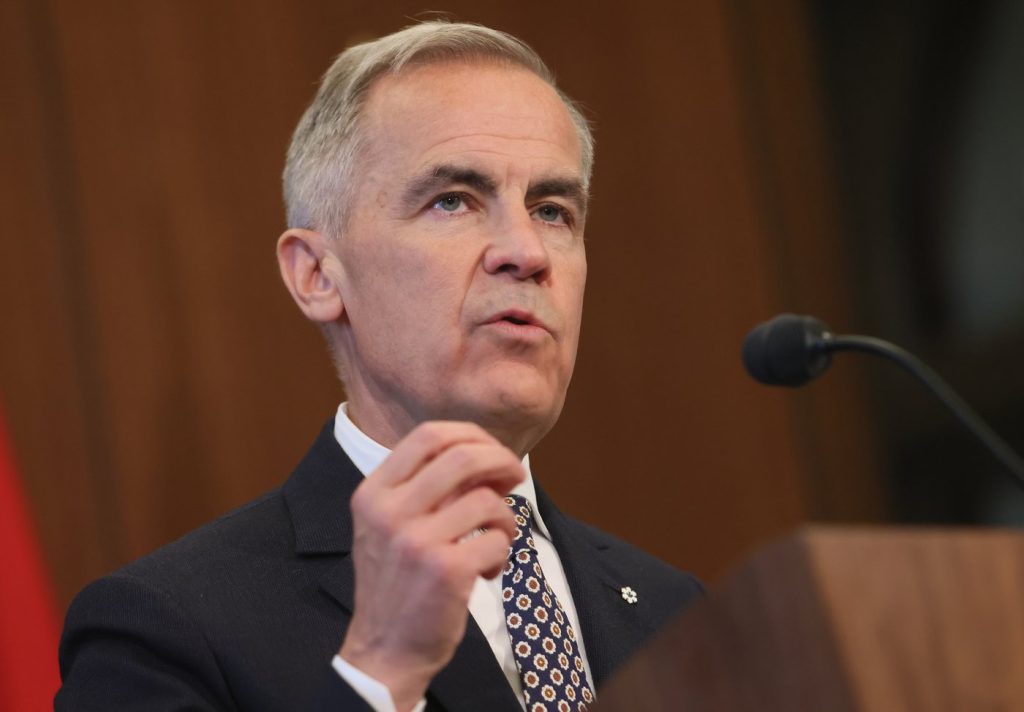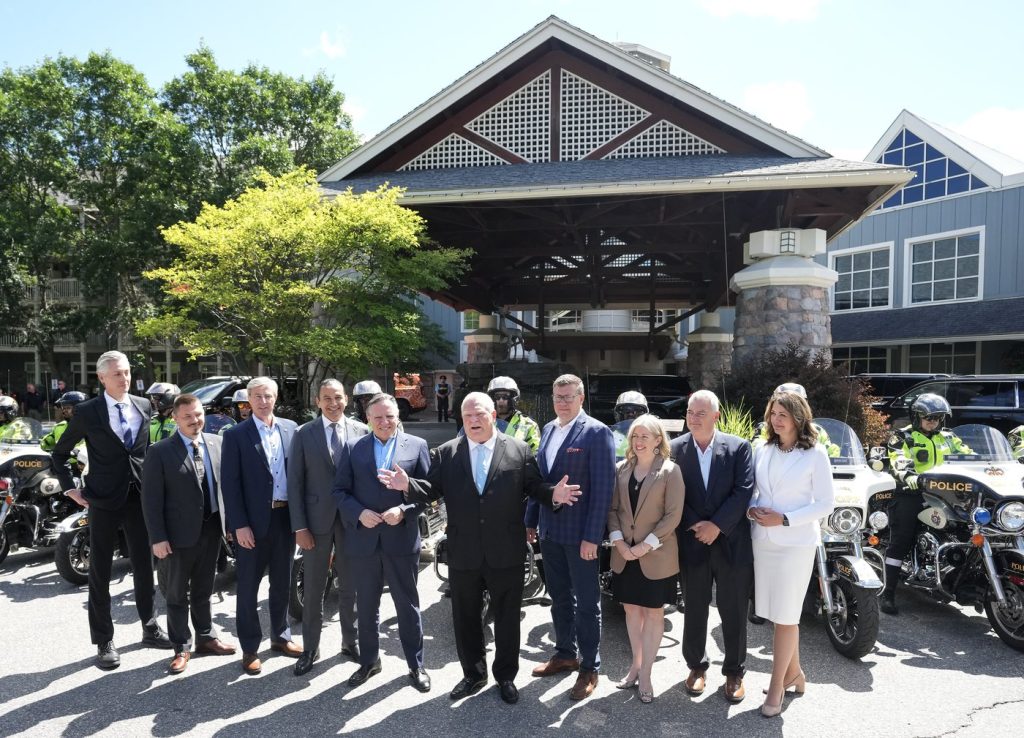On Thursday, Prime Minister Mark Carney of Canada criticized the Israeli government for its failure to address the escalating humanitarian crisis in Gaza and accused it of violating international law by restricting the delivery of aid. In a post on the social media platform X, Carney emphasized the need for Israel's control over aid distribution to be replaced by comprehensive humanitarian assistance led by international organizations.
Carney called for an immediate ceasefire, urging all parties involved to engage in negotiations in good faith. He reiterated Canada's demand for Hamas to release all hostages and for the Israeli government to respect the territorial integrity of both the West Bank and Gaza Strip. This call comes in the wake of Israel's parliament approving a symbolic motion to annex the West Bank, a move that could undermine the potential for a viable Palestinian state, which is widely viewed as essential for a lasting resolution to the ongoing conflict.
Supporting this stance, Carney confirmed Canada's commitment to a two-state solution. To further underline this commitment, Foreign Affairs Minister Anita Anand is slated to participate in a United Nations conference in New York next week, focused on the situation.
The Centre for Jewish and Israel Affairs responded to Carney's statements, arguing that Hamas does not seek a ceasefire and is determined to maintain its power, regardless of the consequences. Noah Shack, the centre's chief executive, remarked that Hamas essentially interprets Canadian statements as endorsements that allow it to prolong suffering for both Palestinians and Israelis alike.
During a NATO summit last month, Carney emphasized that the realization of a two-state solution is contingent upon Palestinian leadership acknowledging the Jewish nation's right to exist safely in their ancestral homeland.
Minister Anand characterized the lack of access to food and water for women and children in Gaza as "inexcusable." She emphasized the need for the Israeli government to ensure unhindered delivery of humanitarian aid to Palestinian civilians who are in dire need of assistance. Anand's comments coincided with those of French President Emmanuel Macron, who declared that France would recognize Palestine as a state, formalizing this decision at the upcoming UN General Assembly in September.
Macron stressed the urgent need for an end to the conflict in Gaza to protect the civilian population. This decision marks a significant diplomatic shift, positioning France as the largest Western power to recognize Palestine and potentially paving the way for other nations to follow suit. Currently, over 140 countries, including more than a dozen in Europe, recognize Palestine as a state.
In a united front, Canada joined more than two dozen countries, including the United Kingdom, Japan, and Australia, in issuing a joint statement earlier this week that calls for an immediate cessation of hostilities in Gaza. This collaborative effort underscores the growing international consensus on the need to address the ongoing humanitarian crisis in the region.
This report details the recent developments in the ongoing Israeli-Palestinian conflict as global leaders continue to respond to the escalating situation in Gaza.












